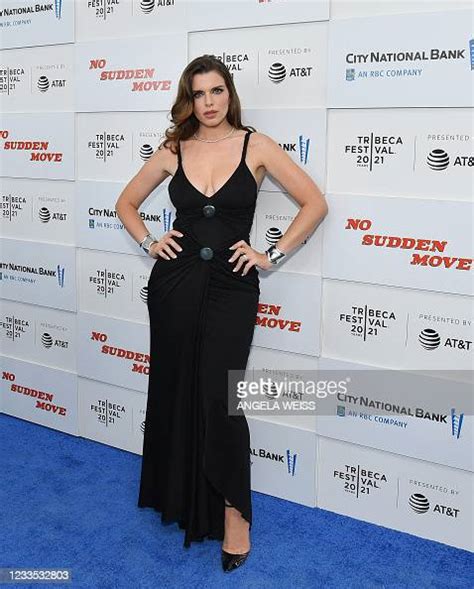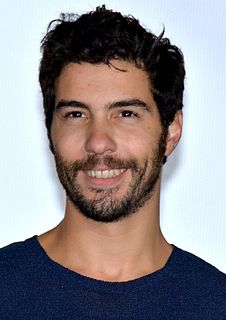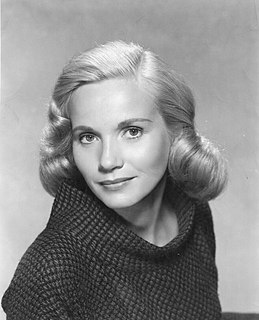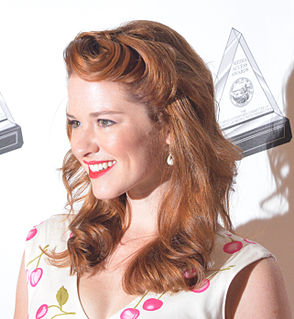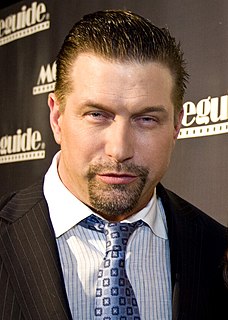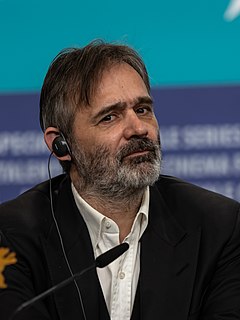A Quote by Julia Fox
Related Quotes
I do think Hollywood is recognizing that there's a craving for it, that there's a huge audience in our country. They want movies that they can bring their families to. They want movies that are going to speak to their heart, in a way that's refreshing to their hearts. And Hollywood is learning that there's money to be made there.
I still hate making pictures! And I don't like Hollywood any better. I detest the limelight and love simplicity, and in Hollywood the only thing that matters is the hullabaloo of fame. If Hollywood will let me alone to find my way without forcing me and rushing me into things, I probably will change my feelings about it. But at present Hollywood seems utterly horrible and interfering and consuming. Which is why I want to leave it as soon as I am able.
People talk about Hollywood as a myth, but in reality, when you make Icelandic movies and you want to get them distributed in the U.S., you're not really working with Hollywood. The movies I've been making, the first one I made, I made it with Working Title, but it was financed through Universal, so it became a Hollywood production.
The problem in Hollywood is that they try to become the only kind of cinema in the world, okay? The imposition everywhere of a unique culture, which is Hollywood culture, and a unique way of life, which is the American way of life. But Hollywood has forgotten that, in the past, what made Hollywood great and what made it go ahead was the fact that Hollywood was fed with, for example, Jewish directors coming from Germany or Austria and enriching Hollywood. In 15, 20 years, Hollywood became imperialistic. Cinema goes ahead when it is marriaged by other culture. Otherwise, it turns on itself.
Los Angeles is Hollywood and Hollywood is Hollywood Blvd. It's the first thing you want to see. It's the only thing really that you know about as far as Los Angeles is concerned. And so you go and you look at Joan Crawford's hands and feet and the whole history of American filmmaking is encapsulated in that one little area on that one street. That street, to me, has always been the street of dream.
